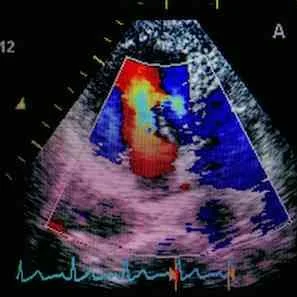In latest research published in Circulation, scientists at Sanford Burnham Prebys Medical Discovery Institute (SBP) discuss a new approach to treat heart failure early in the disease.
The American Heart Association reports that approximately 5 million people in the U.S. suffer from heart failure and less than half of these patients survive five years after their diagnosis. The prevalence of heart failure is expected to increase 46 percent by 2030.
Most treatments currently available for heart failure target the later stage of the disease but in this new study, the SBP researchers provide fresh molecular insight into heart failure. This could potentially lead to the identification of new therapeutic targets that could prevent or slow down the progression of the disease.
Daniel Kelly, MD, scientific director of SBP’s Lake Nona campus explains, "“Our research shows that as the heart fails, it loses its ability to burn fatty acids—the building blocks of fat—and instead starts using ketone bodies as an alternative fuel. It’s almost like the heart is starving because it doesn’t have the enzymatic machinery to burn fat anymore."
Dr Kelly and his team studied mouse models of early and late stages of heart failure and observed the metabolic changes that occur. They analysed heart muscle cells and identified enzymes that were involved in metabolising fuel that could become targets for therapies. The researchers found that the levels of enzyme BDH1 that is involved in ketone metabolism, were twice as high in mice during early stage and complete heart failure as compared to normal animals. BDH1 levels were high in the failing heart because this enzyme is involved in buring ketones. The study thus suggests that a heart in the midst of failure can reprogram itself to take in more ketones and use them as fuel. This discovery could lead to new therapies for the treatment of heart failure.
Source: Sanford Burnham Prebys Medical Discovery Institute
Image Credit: Sanford Burnham Prebys Medical Discovery Institute










